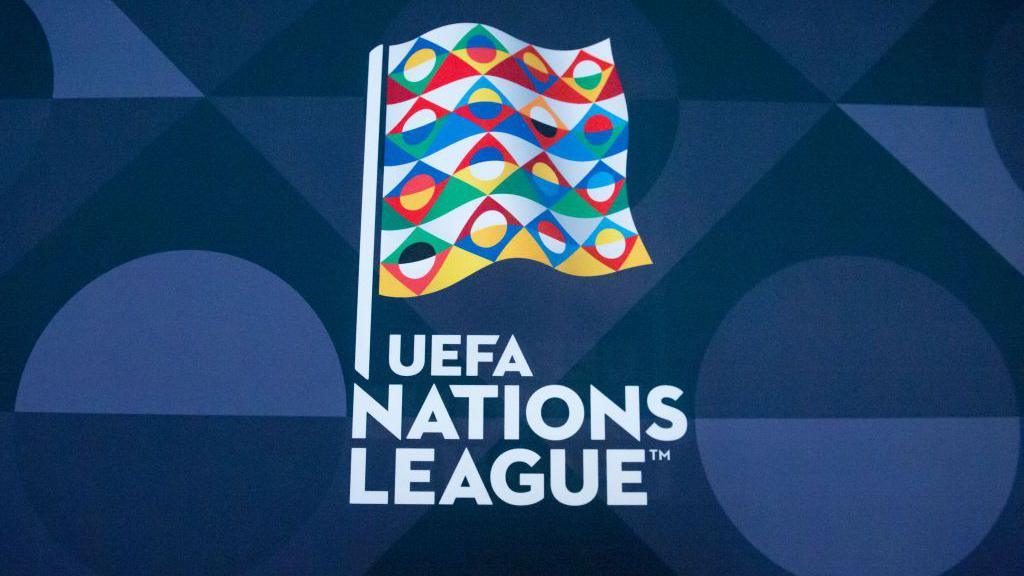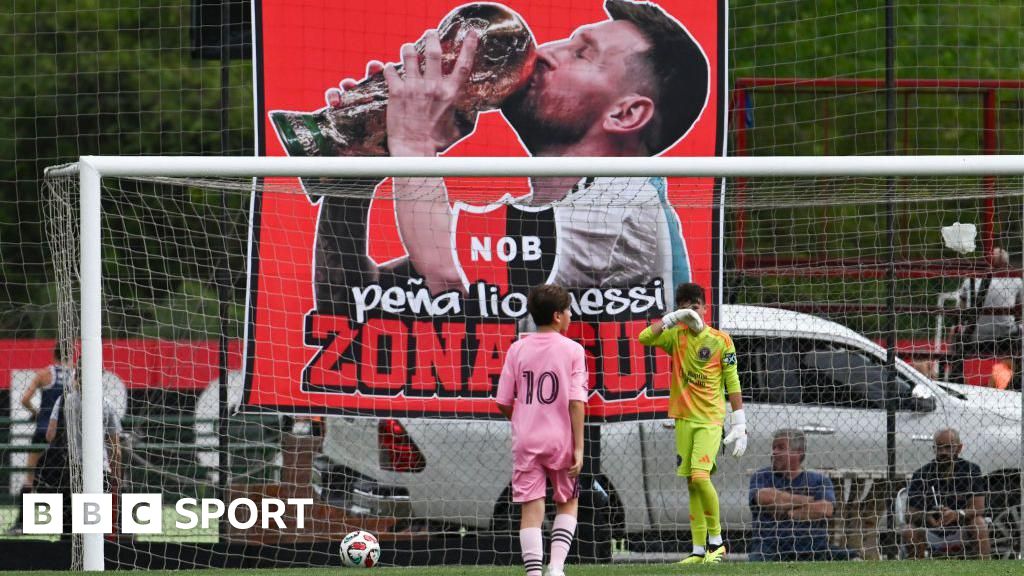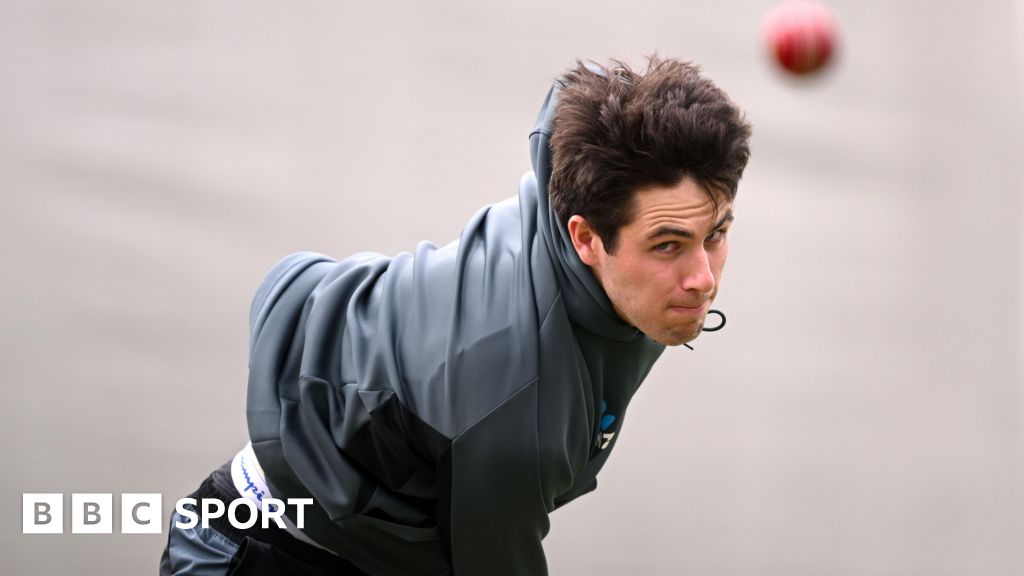 Image source, Getty Images
Image source, Getty Images
The Nations League returns in March 2025 with the two-legged quarter-finals as well as the promotion/relegation play-offs
The group stage for the new-look Nations League is over.
The tournament will resume next year with the knockout stages, plus relegation and promotion play-offs.
BBC Sport takes a look at who has reached the quarter-finals, who has been promoted and relegated, and what's left to be decided.
Who has reached the quarter-finals and when is the draw?
In League A - the top tier of the Nations League - the teams finishing first and second in each of the four groups progress to two-leg quarter-finals, which will be played in March.
The eight teams through to the next phase are:
Croatia, Denmark, France, Germany, Italy, Netherlands, Portugal and Spain.
The draw for the quarter-finals will take place in Nyon, Switzerland on Friday, 22 November.
The winners of the last-eight ties will progress to the Nations League Finals tournament, with semi-finals and a final in June.
Image source, Getty Images
Image caption,England beat the Republic of Ireland on Sunday to secure promotion to League A of the Nations League
The teams who have finished top of Nations League Groups B, C and D all secured automatic promotion. They are:
Promoted to League A: Czech Republic, England, Norway and Wales.
Promoted to League B: North Macedonia, Northern Ireland, Sweden and Romania or Kosovo.
Promoted to League C: Moldova and San Marino.
Meanwhile, the teams who finish bottom of League A and B are relegated to League B and C. The two teams who finish bottom in League C with the worst records are relegated to League D. They are:
Relegated to League B: Bosnia and Herzegovina, Israel, Poland and Switzerland.
Relegated to League C: Albania, Finland, Kazakhstan and Montenegro.
Relegated to League D: Azerbaijan, Lithuania
What about the promotion/relegation play-offs?
Promotion/relegation play-offs will take place in March.
These ties will see the teams who finished third in League A playing two-legged ties against second-placed sides from League B, with winner of those takes taking place in League A.
Meanwhile, the third-place teams in League B will face the second-placed sides in League C, with winners securing their place in League B.
Finally, the two nations who finish bottom in League C with the best record will play the runners-up of League D.
League A/B play-offs: Austria, Belgium, Greece, Hungary, Scotland, Serbia, Turkey and Ukraine.
League B/C play-offs: Armenia, Bulgaria, Georgia, Iceland, Kosovo or Romania, Republic of Ireland, Slovakia and Slovenia.
League C/D play-offs: Gibraltar, Latvia, Luxembourg and Malta.
What next for the Home Nations?
England won their group in League B which means they are promoted automatically to League A and are not involved in the next stage of the Nations League.
Scotland, meanwhile, have the play-offs to look forward to next year as they look to retain their place in League A.
Wales jumped over Turkey in their final match to win promotion from League B to League A and, like England, will not be involved in March's games.
Northern Ireland won their group in League C and are promoted to League B.
Does Nations League affect World Cup qualifying?
Four teams will qualify for a play-off to reach the World Cup via the Nations League.
They are the four best-ranked group winners who do not go on to finish in the top two of their World Cup qualifying group next year.
With teams in the top Nations League division highly likely to qualify for the World Cup through European qualifying - and many teams in the second tier too - it gives an extra incentive for teams across Leagues B and C.
By finishing top of Group B2, England are extremely likely to have a World Cup play-off spot banked, with the same situation facing Group B4 winners Wales.
Northern Ireland top C3, which gives them at least a chance, but Scotland are not in the running to get a play-off spot through the Nations League.
The four teams who get into the play-offs via the Nations League will be put in with the 12 teams who finish second in their World Cup qualifying groups - with four spots for 2026 up for grabs.
Seedings for the World Cup qualifying groups will largely be decided by Fifa world rankings - and not Nations League finishes.
The exception is that the top seeds will be drawn out of the teams who finish in the top two of each League A group - plus the four top countries by world rankings.
England's world ranking of fourth, third in Europe, means they are highly likely to be top seeds despite not having been in League A.

 By BBC (Sports) | Created at 2024-11-20 00:23:17 | Updated at 2024-11-26 10:24:30
6 days ago
By BBC (Sports) | Created at 2024-11-20 00:23:17 | Updated at 2024-11-26 10:24:30
6 days ago








